A Head Full Of Ghosts – Paul Tremblay
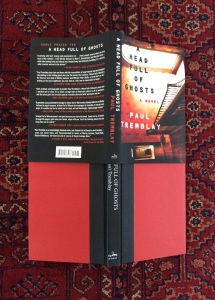
A HEAD FULL OF GHOSTS by Paul Tremblay
WILLIAM MORROW – An Imprint of HarperCollins Publishers (2015)
I have just received this book as purchased from Amazon UK.
My previous review of works by Paul Tremblay HERE.
I intend gradually to real-time review this novel and, when I do, my comments will be found in the thought stream below or by clicking on this post’s title above.

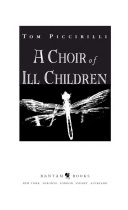

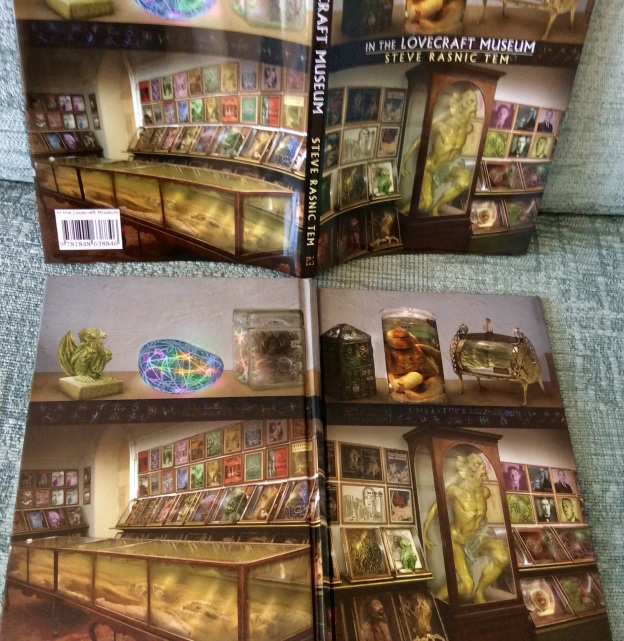


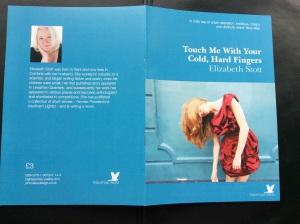
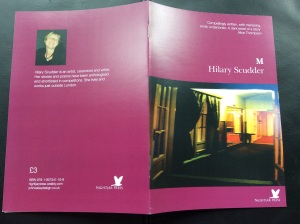
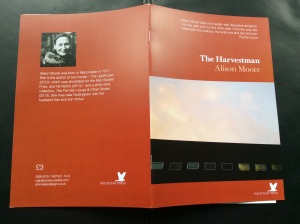



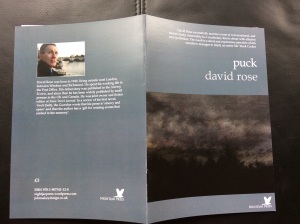
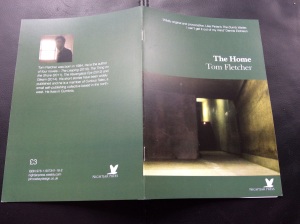
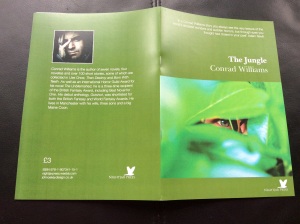
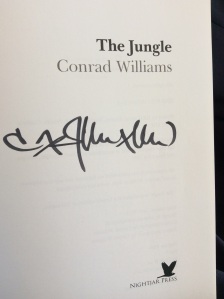
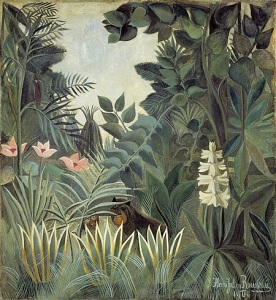
Chapter 1
The narrator is Meredith or Merry, whose older sister is, I gather, called Marjorie. He has arrived at the large house where it all happened without our yet knowing what happened. He accompanies Rachel, best-selling author who has borrowed the house in order to interview Meredith about what happened there, presumably in his childhood. (It must be a coincidence or preternaturally fated but I started real-time reviewing yesterday HERE another new book about a different large house and others talking separately in interview about what once happened there. I like reviewing books in tandem, often a symbiotic process without my having planned it. We shall see.)
A Head Full of Ghosts. Is it a coincidence, too, that, as well as setting the scene evocatively, this first chapter has two separate ‘objective correlatives’ of baby teeth and a blue hat.
I also like the way the paper pages are rough cut along their edges (like those French books that I used to need to cut in the 1960s) and aesthetically coarse, with the titles being faintly shimmering upon the fade.
“Beware of spoilers. I WILL SPOIL YOU!!!!”
A change of text font and I suddenly think Mark Z. Danielewski. (I recently reviewed his THE FAMILIAR novel). Also reminded again of ‘the Preterite and the Preinternet mind’ (my expression, not the text’s) as this brief chapter is a transcription of a blog loaded from HTML or about such a blog or planning for a blog although I am confused now not about gender but about the chronology. A blog about the hindsight of a Reality Tv show called ‘The Possession’ that helped my problem with the gender of Merry. I hope that THAT isn’t a spoiler. Does a fiction about Reality TV – where people often role play and thread themselves along the audit trail of some fiction in their minds – make it true?
I’m glad I am confused. I like being confused. I am meant to be confused, I sense.
I will not unconfuse you if I later become unconfused, as that WOULD be a spoiler.
“Here in the pre-beginning, I only wanted to demonstrate how tricky this is and how tricky this could get.”
Merry tentatively starts her hindsight pattern of memories, telling Rachel of her parents and older sister, Marjorie. This, I infer, is in the shadow of the subsequent on-line and televisual fame about what actually happened.
But it is tricky for me, too, at my own pre-beginning of a review, as this is a book that makes thinking aloud dangerous. I started as I intended to continue,
But I may have to change tack and review this book traditionally in one fell swoop after I have finished reading it. Or continue as I started, while carefully excising plot spoilers as they emerge, nipping them in the bud just before they escape into any onward real-time review that I manage to maintain. Textual Exegesis as Exorcism?
If there is a long delay, you will know which of the two paths into this plot I chose.
“Marjorie sensed the twitching and grinding in my head and started talking thirteen thousand miles per hour.”
A new day. I have not yet looked back at what I wrote yesterday before going to bed early. This chapter sees Merry at 8 years old, narrated presumably by her older self to Rachel the author, telling of her made-up stories about floods of molasses (helped by the instinctive story-telling of 14 year old Marjorie), Merry’s cardboard house, her relationship with Marjorie, so utterly believable as younger-older sisters, with an impending sense of what happened later, I guess, subtly so, so subtle you may not even notice it. Not knowing what happened later in this house makes it very difficult to notice it. Beautifully done.
The feel of this book’s pages made me think I was turning them while being a denizen of Merry’s cardboard house.
You know, so far, this Merry, Marjorie, Dad (who seems to believe in Heaven) and Mum family reminds me slightly of the girl and her family in Danielewski’s ‘The Familiar’, although I know the latter and this book were published more or less at the same time. Spooky, perhaps. The family discussion about family discussions around the kitchen- (not dinner-)table and about Marjorie’s recent appointment is engaging and intriguing,
Merry, the de facto narrator, meanwhile, seems to make all manner of things from cardboard as well as a house, like a laptop computer, giving me more clues about the earlier blog chronology, this being 15 years before that? Marjorie can get through doors without moving the booby traps left by her younger sister, it seems. But is her younger sister, now 15 years older, an Unreliable Narrator about when she was 8? A rhetorical question. Not one explicitly posed by the text itself.